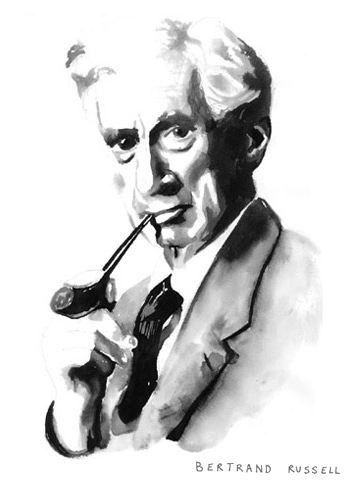LOGICAL ANALYSIS - RUSSELL
Publié le 09/01/2010

Extrait du document

In On Denoting and later papers Russell constantly speaks of the activity of the philosopher as being one of analysis. By analysis he means a technique of substituting a logically clear form of words for another form of words which was in some way logically misleading. His theory of descriptions was for long a paradigm of such logical analysis. But in Russell's mind, logical analysis was far more than a device for the clarification of sentences. He came to believe that once logic had been cast into a perspicuous form it would reveal the structure of the world. Logic contained individual variables and propositional functions: corresponding to these the world contained particulars and universals. In logic complex propositions were built up out of simple propositions as truth-functions of the simpler propositions. Similarly, in the world there were independent atomic facts corresponding to the simple propositions. Atomic facts consisted either in the possession by a particular of a characteristic, or else in a relation between two or more particulars. This theory of Russell's was called ‘logical atomism'.
Liens utiles
- Bertrand Russell : MÉTHODE SCIENTIFIQUE EN PHILOSOPHIE - résumé, analyse
- CHRONIQUES DE BIGLOW (résumé & analyse) James Russell Lowell
- La Philosophie de l'atomisme logique de Bertrand Russell (résumé et analyse)
- Bertrand Russell, Science et religion (résumé et analyse)
- RUSSELL Morgan : La Vie de la matière































